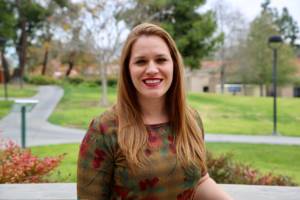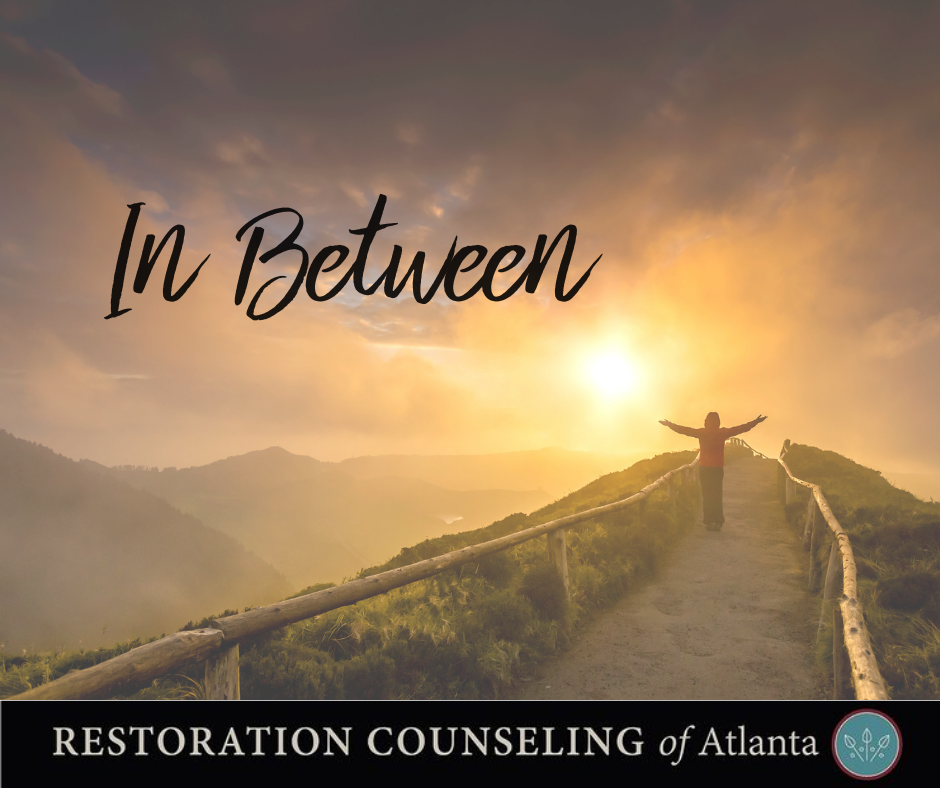“Culture eats strategy for breakfast” is a famous quote by leadership expert, Peter Drucker. He picked up on the undeniable reality that as human beings we inevitably create a system, an environment, when we gather together as a group, and the state of this environment is highly critical for our success individually and corporately. The cultures we are immersed in shape us. They shape us by their ideals, values, relational patterns, norms, communication styles, practices, and much more. At birth, we find ourselves immersed in a world that we must acclimate, to some degree, to the requirements of the collective in order to ensure a level of social acceptance and belonging. We cannot escape being influenced by the waters we swim in, both historically and current, and as a result, it is essential to develop the capacity to acknowledge and honor the strengths and weaknesses present in our collective spheres.
With Easter approaching, I have been contemplating new discoveries and observations that I had not previously considered. In my church tradition, Easter holds a familiar pattern each year. I grew up surrounded by churches that honed in on Good Friday and Resurrection Sunday. We entered into the horrific murder of an innocent man on Friday with a swing to the celebration of Jesus conquering the grave on Sunday, complete with a sunrise breakfast and a church service full of joyful songs and ladies with flowered dresses.
In my subculture of rural, southwest Michigan, these days of focus aspired to instill a seriousness around the failings of human beings that resulted in the crucifixion of Jesus as well as a reverence for the goodness and sacrificial love of a God willing to save us in spite of our wickedness. It is a culture that desires to praise God for his power to conquer sin and death. And a culture that seeks to glorify the good news that Jesus did not remain dead and that we have hope as a result of his work on the cross. There is much good to be acknowledged in these days. Each is rich with symbolism and vital aspects of reality to be embraced as human beings.
And it is of note that in my cultural waters, I never even thought to consider the day in between, Holy Saturday. Why is this? What does this day in between bring that feels so uncomfortable for us? It appears Jan Richardson has her finger on the pulse of the challenging invitation Holy Saturday brings. She explains:
“Holy Saturday is not a day for answers. It is a threshold day, a day that lies between, and so resists any easy certainty. It is a day of waiting, of remembering to breathe, of willing ourselves to turn to one another when grief lays hold of us.”
—from Holy Saturday: A Day Between by Jan Richardson
The Painted Prayerbook, March 2008
While I do not claim to understand the fullness of this day never being mentioned in my tradition, it does stir curiosity as I consider parts of life unacknowledged when Holy Saturday is absent from the narrative. In between. Unanswered. Uncertain. Unresolved. Unable. Grief. Could it be that our culture has a weakness when it comes to not knowing and not being able? Could it be that we have shame in places we were never meant to bear because those parts of our experience have not been welcomed into the collective sphere as a result of this weakness? Do we meet the in-between spaces with the rushed certainty and the joy of knowing Sunday is coming?
His mother did not know Sunday was coming. Do not rush to imagine that Jesus’ foretelling his death would remove the humanity of this mother’s experience. Do not rush to assume confusion and agony would not be present. She watched her innocent son betrayed by a friend who conspired with the religious elite Jesus constantly threatened with his invitations to expand and include outcasts. She watched as he was cruelly and brutally murdered on Friday. I cannot imagine that on Saturday she would be comforted with easy certainty. I cannot imagine that she would skip through the wreckage and carnage and shock of events her son had just endured with the easy certainty that Sunday was coming. I cannot imagine she would be comforted by much other than the mutual tears of those whose hearts were also broken by this tragedy. By the mutual confusion and disappointment and rage of a sharp left turn they did not see coming. Or at the very least, she would be comforted by a willingness to step into the fullness of her experience and hold it with her even inadequately so.
His followers did not know Sunday was coming. They left family and livelihood and placed their hopes in this man they believed was the Messiah who would finally deliver the Jews from their oppression. Do not miss the humanness of this. Do not miss how often they were confused and failed to grasp the words Jesus shared. Do not miss that the gospel of Mark describes they did not understand and were afraid to ask for clarity. These men and women placed all their hope in this man for liberation only to place his lifeless body in a tomb. Shattered. Perplexed. Doubtful. So much so that it was even difficult to believe after the resurrection occurred. Mary didn’t recognize him. Thomas needed physical, tangible proof. These are not the actions of men and women that felt certain through the words Jesus shared. These are the actions and experiences of men and women grappling with a life-altering event that threatened all they believed and disrupted all their visions for the future.
This day is vital. It encompasses the heart-rending, bewildering grief of the figurative and literal deaths we all face in our lives.
The modernized world has little space for uncertainty, powerlessness, and the chaos of grief. Even within the church, we have absorbed the cultural waters and have a tendency to rush over lament towards the hope we have for reunification in heaven joining with the larger cultural messages that emotional control should be maintained and the agony of life dealt with privately. We bring casseroles and flowers and attendance to the funeral, and my goodness, there is such blessing in that. I just wonder if we have lost the art of grieving. If we have missed that the Bible makes much space for lament, and it is often gritty and prolonged.
We must get curious about how Holy Saturday has been absent from our narrative. What does its presence require of us? Notice your reaction to this invitation. Notice if there is shame or guilt. Notice if there is a compulsion towards doing better on this front. Notice how weakness or failure being exposed impacts you. The goal here is not to just perform better. Nor to master including Holy Saturday in our Easter weekend or to achieve the skills necessary to help others grieve. These are worthwhile endeavors, and yet, it may be most beneficial to consider our own relationship with grief. To consider what has contributed to our own tendency toward highly controlled emotions and sequestered grief? To consider what occurs in our own bodies as we interact with our own and others’ uncertainty, doubts, grief, and in-process places. As we consider these questions, we begin to inch towards engaging the in-between realities that Holy Saturday beckons us towards. And as we venture down that path, we begin to glimpse the goodness that comes as these much-needed parts of reality are embraced.
Writte n by: Becca Cline, LPC
n by: Becca Cline, LPC
Online Counseling Team
becca@restorationcounselingatl.com, ext. 156
Becca works with male and female clients who are 13 years or older. She sees couples, families, and individuals. She also works with clients dealing with various issues, including depression, anxiety, addiction, grief/loss, trauma, abuse, spiritual issues, sexuality, family of origin issues, codependency, anger, and interpersonal and relationship issues. In addition, Becca also has experience in running process groups.

